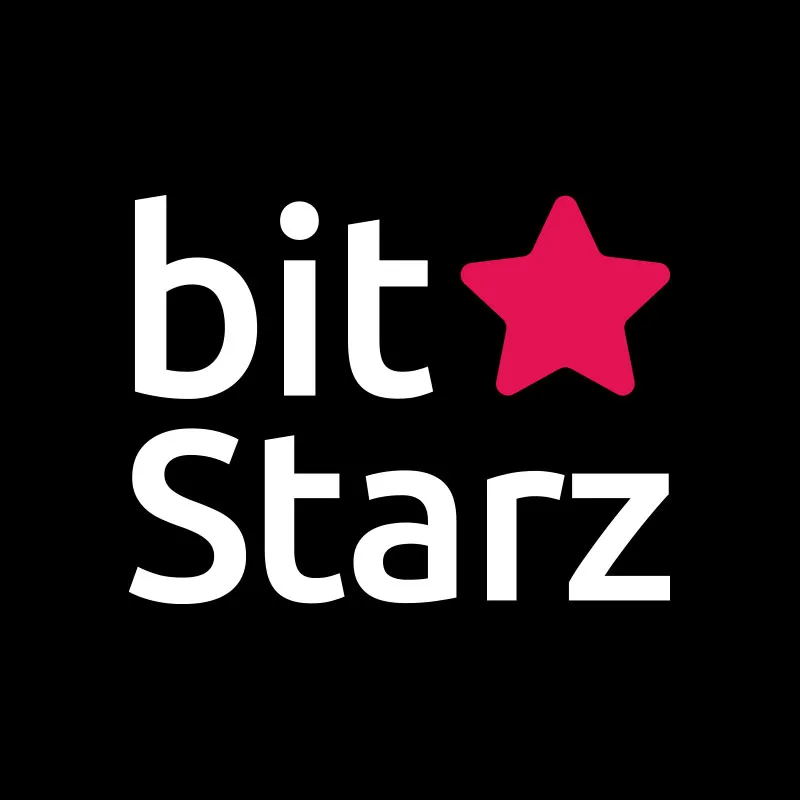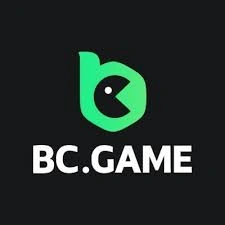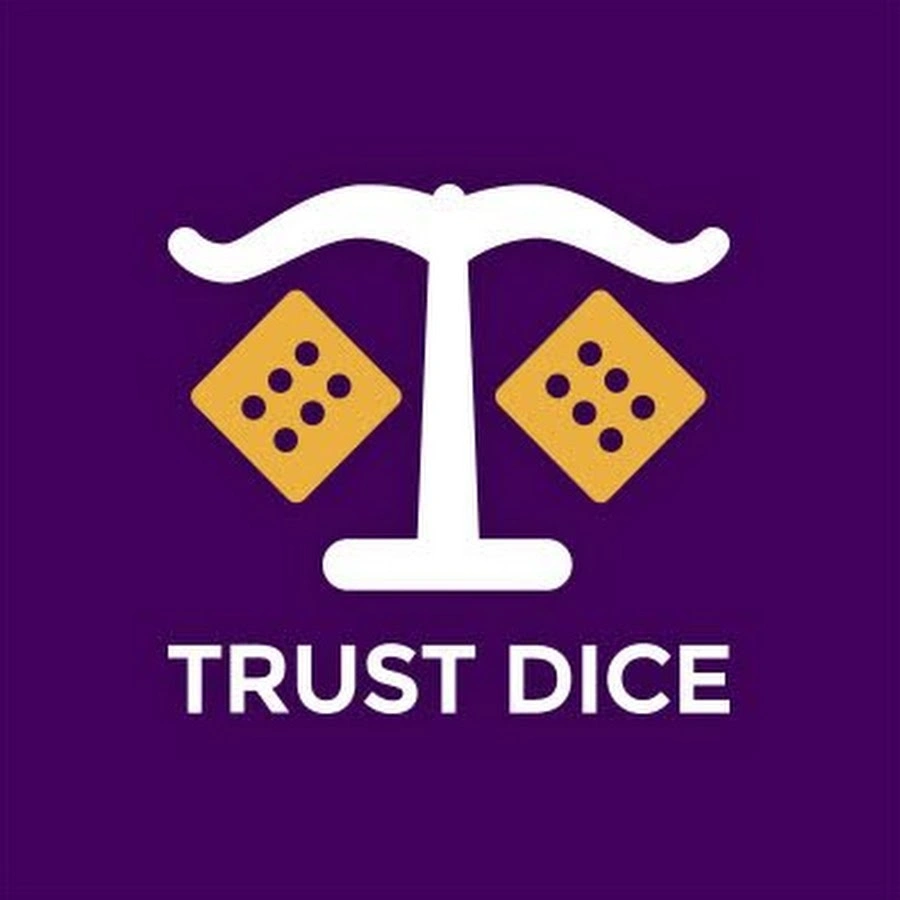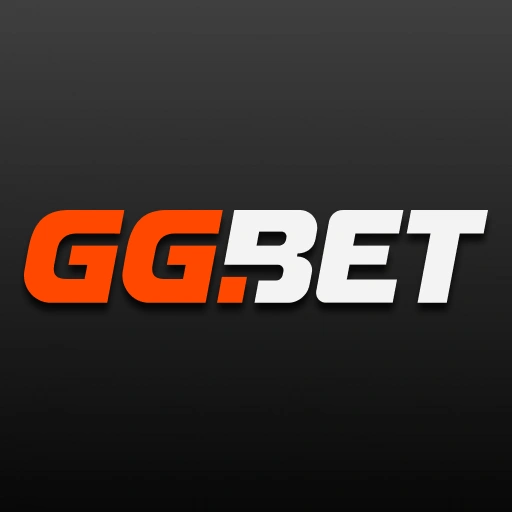Gambling age in Iceland
Here’s the deal, if you’re planning on placing bets or playing games of chance in Iceland, you’d better know the rules ahead of time. This isn’t Vegas, and you won’t find slot machines in every bar. Gambling in Iceland is tightly regulated, with strong cultural and governmental oversight. There’s no room for freelancing.
That said, Iceland does offer a few legal ways to get your gamble fix, if you’re old enough and playing by the (very specific) rules. Let’s walk through what’s possible, legal, and worth knowing before you ante up.
You must be 18 to gamble in Iceland
No guesswork here, if you’re not 18, you don’t gamble. Period. The minimum gambling age in Iceland is set at 18 across all permitted forms of gambling. That includes Iceland’s handful of legal lotteries, charity bingos, and the sparse selection of electronic gaming machines scattered in licensed premises.
Unlike in some countries where the age can jump to 21, Iceland keeps it simple, but strict. Show up at 17 thinking you’ll sweet-talk your way into a game, and you’re out before you blink.
Is online gambling legal in Iceland?
Here’s where it starts getting icy. Technically, online gambling is not legal in Iceland unless it’s run by a licensed local operator. Foreign gambling sites? Not sanctioned. The Icelandic government has historically tried to block access to offshore gambling platforms, though enforcement is patchy. Still, you won’t find Iceland-based online casinos flaunting jackpots, they’re just not allowed.
The only online games you can legally play are those organized by Íslensk Getspá, the state lottery company. They offer limited online sports betting and a few instant win games, but don’t expect a full casino suite. So yeah, if you’re dreaming of online poker nights or massive digital slot tournaments in Reykjavik…keep dreaming.
Gambling laws and regulations in Iceland
Gambling laws here are shaped more by public welfare than market demand. The key principle? Gambling is only allowed if it directly supports charitable or socially beneficial causes. Sounds noble, but it means your options are narrow. The Lotteries Act and the Act on Gambling Machines tightly govern who can operate what, where, and how.
Only licensed nonprofit organizations can apply for permits, like the Red Cross or national sports associations, and the Ministry of Justice keeps a close eye on operations. Even those slot-like “gambling machines” in select bars? They’re legally bound to give a large chunk of revenue to public health or charity. It’s all built to curb harmful gambling behavior before it starts.
Consequences of underage gambling in Iceland
Think they’ll let you off with a warning for underage play? Nope. Iceland treats violations seriously. If you’re caught gambling underage, you can face immediate removal from the venue, a fine, and a police incident on your record.
Operators who allow it aren’t spared either, they risk license suspension or losing their permit for good. It’s a no-second-chances deal. And with tight community circles in Iceland, word travels fast. Not how you want your uncle’s 60th birthday bingo night to end.
Playing responsibly in Iceland
Gambling in Iceland isn’t positioned as entertainment first, it’s guarded like a rare tool you only bring out when needed. And for good reason. The country takes ludopathy (problem gambling) seriously. If things start slipping, there’s help.
The Icelandic Centre for Social Research and Analysis works on data, while real on-the-ground support comes from places like SÁÁ (The National Center of Addiction Medicine). These folks specialize in substance and behavioral addictions, including gambling. They offer counseling and support services.
You can reach them directly at saa.is or call +354 530 7600 if you or someone you know needs guidance. That’s the landscape, tight control, clear lines, and real consequences. If you’re going to play in Iceland, play clean and stay sharp.
Other European Countries
- Gambling Age in Albania
- Gambling Age in Andorra
- Gambling Age in Austria
- Gambling Age in Belarus
- Gambling Age in Belgium
- Gambling Age in Bosnia and Herzegovina
- Gambling Age in Bulgaria
- Gambling Age in Croatia
- Gambling Age in Cyprus
- Gambling Age in Czech Republic
- Gambling Age in Denmark
- Gambling Age in Estonia
- Gambling Age in Finland
- Gambling Age in France
- Gambling Age in Germany
- Gambling Age in Greece
- Gambling Age in Hungary
- Gambling Age in Iceland
- Gambling Age in Ireland
- Gambling Age in Italy
- Gambling Age in Latvia
- Gambling Age in Liechtenstein
- Gambling Age in Lithuania
- Gambling Age in Luxembourg
- Gambling Age in Malta
- Gambling Age in Moldova
- Gambling Age in Monaco
- Gambling Age in Montenegro
- Gambling Age in Netherlands
- Gambling Age in North Macedonia
- Gambling Age in Norway
- Gambling Age in Poland
- Gambling Age in Portugal
- Gambling Age in Romania
- Gambling Age in Russia
- Gambling Age in San Marino
- Gambling Age in Serbia
- Gambling Age in Slovakia
- Gambling Age in Slovenia
- Gambling Age in Spain
- Gambling Age in Sweden
- Gambling Age in Switzerland
- Gambling Age in Turkey
- Gambling Age in Ukraine
- Gambling Age in United Kingdom
- Gambling Age in Faroe Islands
- Gambling Age in Gibraltar







